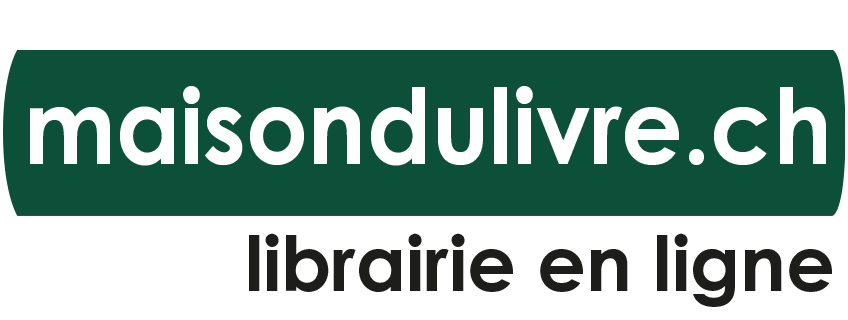Veuillez patienter - l'impression de la page est en cours de préparation.
La boîte de dialogue d'impression s'ouvre dès que la page a été entièrement chargée.
Si l'aperçu avant impression est incomplet, veuillez le fermer et sélectionner "Imprimer à nouveau".
Si l'aperçu avant impression est incomplet, veuillez le fermer et sélectionner "Imprimer à nouveau".


